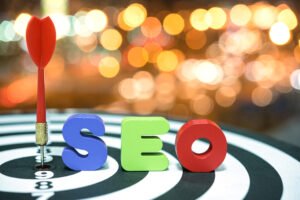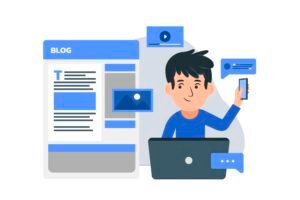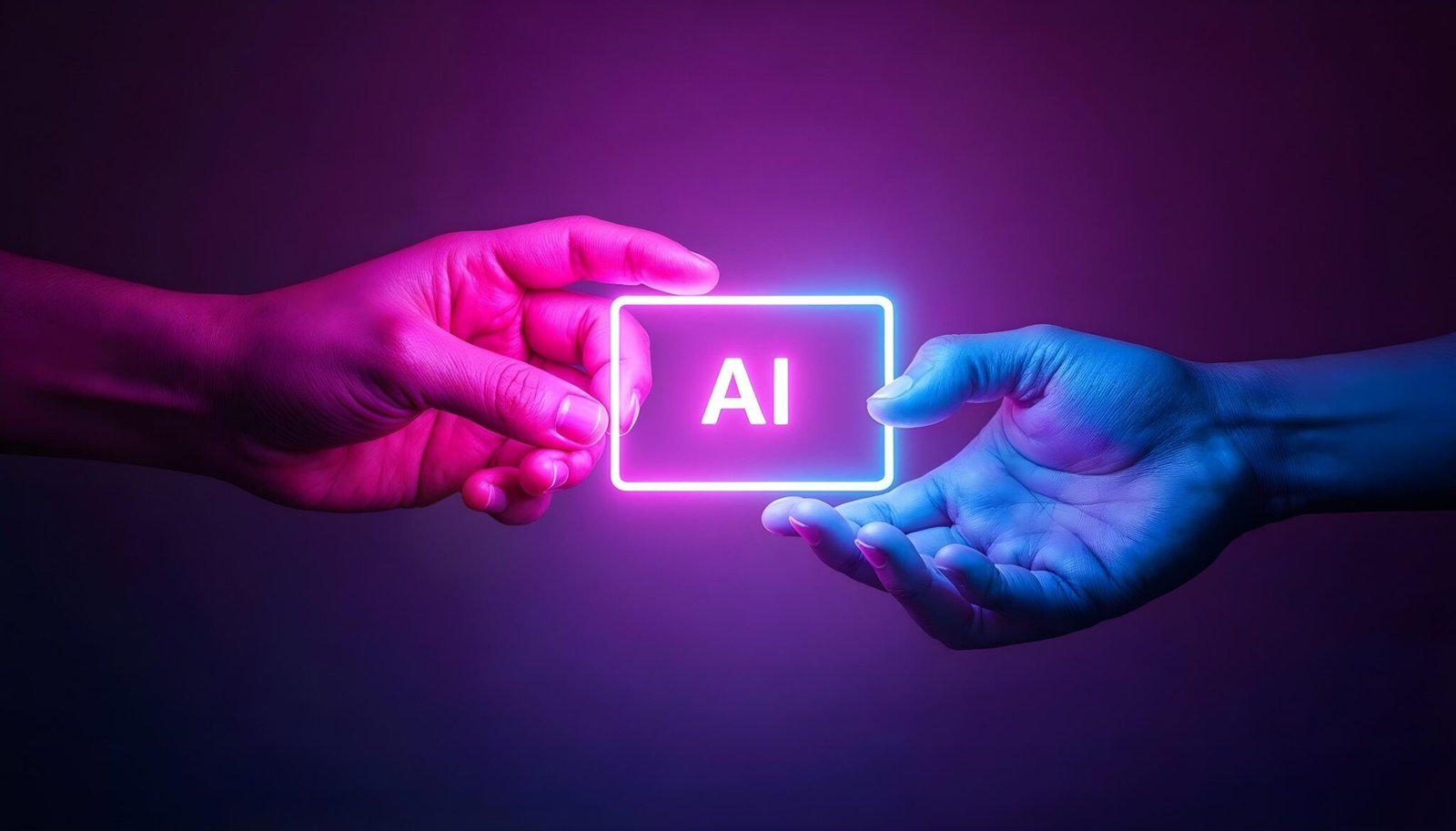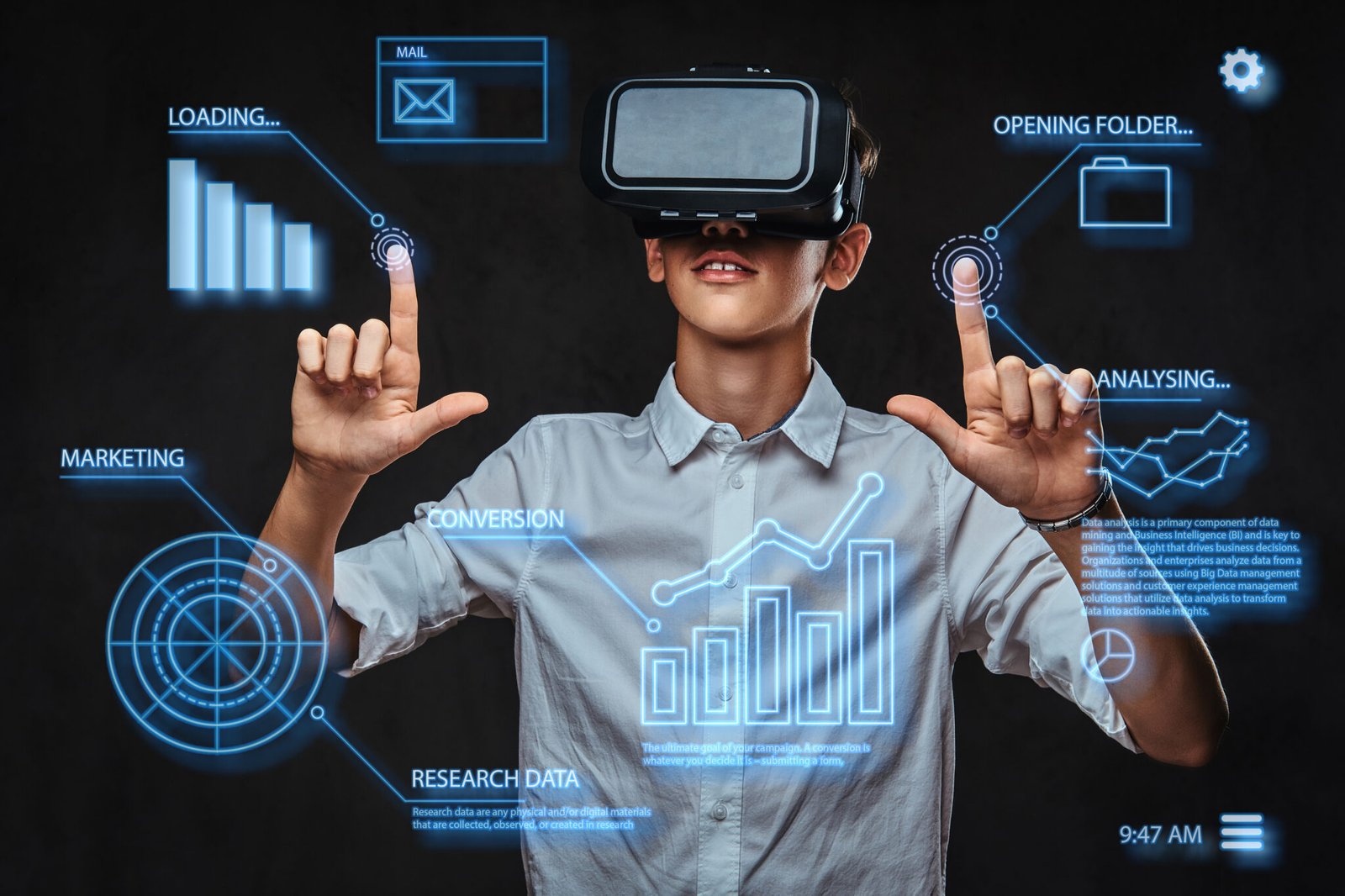


The digital marketing industry is going through one of the biggest changes in history in 2025, and artificial intelligence (AI) is at the center of it all. AI is becoming the foundation of every effective digital marketing strategy, from automating procedures to making remarkably accurate predictions about consumer behavior.
Understanding how AI is altering the industry is critical, whether you own a startup, an existing business, or work in marketing. In this blog, we’ll look at how AI is shaping digital marketing in 2025, with a focus on the EEAT (Expertise, Experience, Authority, and Trustworthiness) principles to create a credible, actionable roadmap for what’s next.
AI’s ability to analyze and interpret vast amounts of data in real-time has ushered in a new era of hyper-personalized digital marketing. Marketers no longer need to guess what content or offer will engage a user AI already knows.

1.Expert Insight: By utilizing behavioral data, purchase history, and real-time browsing patterns, AI helps marketers create tailored experiences for each user across multiple channels. This level of personalization leads to higher engagement, loyalty, and conversion rates.
2.Action Step: Use AI-driven platforms like dynamic content generators or predictive analytics tools to segment your audience and deliver hyper-relevant messages.
AI chatbots in 2025 are smarter, more conversational, and capable of understanding user intent better than ever. They’re helping brands deliver instant support and sales guidance 24/7, reducing response time and enhancing customer satisfaction.
1.Authoritative Tip: Integrating AI chatbots in your digital marketing funnel not only saves time and resources but also improves the customer journey from discovery to purchase.
2.Experience-Based Advice: Make sure your chatbot is trained with brand-specific data and customer FAQs for natural, human-like interactions that drive trust.

AI takes data-driven marketing to the next level with predictive analytics. Instead of reacting to user behavior, businesses can now anticipate it allowing them to craft campaigns that meet users exactly where they are in the buying journey.

1.Trusted Strategy: AI models analyze historical data to predict future actions, such as what product a user might buy or when they’re likely to churn. This empowers brands to create proactive campaigns with measurable ROI.
2. Digital Marketing Tip: Pair predictive analytics with A/B testing for smarter, faster optimizations that save money and boost performance.
In 2025, a significant portion of internet searches are conducted through voice assistants or visual search tools. AI interprets these non-text queries using natural language processing (NLP) and image recognition technologies.
1.SEO Authority Move: Optimize your digital marketing assets for voice queries by focusing on conversational keywords and featured snippet-style content.
2.Trust-Building Advice: Ensure your product images are high-quality, descriptive, and compatible with platforms that support visual search (like Google Lens or Pinterest).

AI is now capable of drafting blogs, writing product descriptions, generating video scripts, and more. But while it enhances digital marketing efforts, it can’t (and shouldn’t) replace authentic human storytelling.

1.Expert Viewpoint: Use AI to assist in content creation idea generation, outlines, and SEO optimization—but retain the human element for emotional appeal and brand voice.
2.EEAT Reminder: Content written or edited by experienced professionals still ranks higher, especially when it shows authority, originality, and trust.
AI enables real-time bidding and ad personalization that was unimaginable just a few years ago. With machine learning, ads can now be shown to the right person, at the right time, on the right platform automatically.
1.Authority Perspective: Google Ads and Meta Ads now include AI features that optimize your campaigns while learning from every impression, click, and conversion.
2.Digital Marketing Pro Tip: Let AI optimize your ad placements, but regularly review campaign data to ensure it aligns with your brand goals and budget.

As AI becomes more ingrained in digital marketing, so does the responsibility to use it ethically. Users are more aware of how their data is being used, and regulations are tightening.

1.Trust-First Strategy: Be transparent about your data usage and always prioritize ethical AI practices. Businesses that build trust will stand out in an AI-driven landscape.
2.Digital Marketing Best Practice: Make sure your AI tools comply with data protection laws like GDPR and CCPA, and clearly communicate your privacy policies.
AI isn’t just the future, it’s the now. From personalization and predictive analytics to content generation and voice search optimization, the impact of AI in digital marketing in 2025 is transformative. To stay competitive, marketers must embrace these tools with a balance of strategy, creativity, and ethical responsibility. By doing so, your brand can thrive in an era where technology and trust go hand in hand.
Pro Tip: If you’re looking to future-proof your strategy, working with a forward-thinking digital marketing agency that specializes in AI integration could be the smartest investment you make this year.